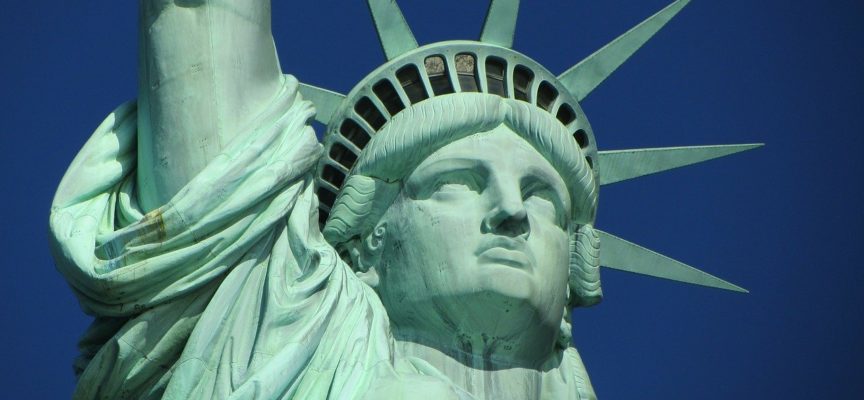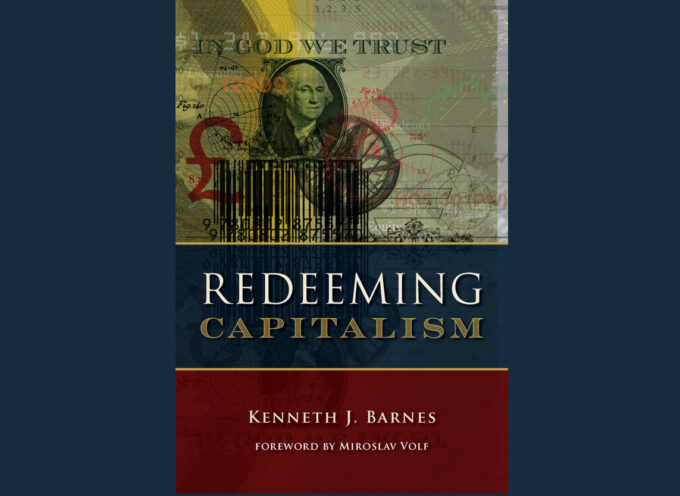Troubling times, these. Indeed, and one of the most troubling factors is the tendency to view strong forms of religion as inherently intolerant.
Consider, for example, a recent Wikileak email dump that showed elected officials and politicos referring to conservative Christians with various derogatory terms such as “backwards” and “bastardized.” Or, consider Peaceful Coexistence, a document published by the United States Commission on Civil Rights (USCCR) which prioritizes nondiscrimination over religious liberty and implies that religious believers are bigots who hide their hatred behind the Constitutional right to religious freedom.
USCCR Chairman Martin R. Castro exemplifies this negative prejudice when he writes, “The phrases ‘religious liberty’ and ‘religious freedom’ will stand for nothing except hypocrisy so long as they remain code words for discrimination, intolerance, racism, sexism, homophobia, Islamophobia, Christian supremacy or any form of intolerance.” As William McGurn noted, Castro’s contribution illumines the way many secular progressives and some secular conservatives often insult Americans who don’t share their views and who, in so doing, flout their own stated agenda.
Thus, it was refreshing and instructive to read Robert Louis Wilken’s recently published Liberty in the Things of God: The Christian Origins of Religious Freedom. In it, the eminent historian Wilken argues against the view that strong forms of religion are intolerant and that secular progressivism is therefore the best savior and protector of liberty.
The book begins by arguing that religious faith is an inward disposition of the heart and mind and thus cannot be coerced by external force. “Liberty of conscience,” he writes, “was born, not of indifference, not of skepticism, not of mere open-mindedness, but of faith.”
Thereafter, Wilken explores the concept of religious liberty historically, showing that it originated long before the Enlightenment. He begins with the early church and reveals that, even though the church didn’t have a consensus doctrine of religious liberty, and although early Christians’ practice was sometimes inconsistent with religious liberty, nonetheless many early Christians were stout proponents of freedoms of conscience and religion.
Early church proponents included well-known leaders such as Tertullian (the first person in the Western world to use the phrase “freedom of religion”) but also many lesser-known leaders such as Lactantius. Having seen Diocletian’s persecution up close, in which the emperor gouged the eyes of Christians, hacked their limbs off, and slit their noses, early Christians were motivated to set forth publicly the biblical teaching that matters of religion cannot be coerced.
In Divine Institutes, for example, Lactantius embarks on an extended discussion of paganism and Christianity, philosophy and theology, justice and the virtuous life. He picks up on Tertullian’s earlier arguments and argues that “religion cannot be imposed by force” and that the will can be moved to act “only by words, not by blows.” For Lactantius, true religion resides in the soul and thus on matters of religion and conscience, people must be persuaded rather than forced.
By the sixteenth and seventeenth centuries, many Christian theologians drew upon Tertullian, Lactantius, and others to revive and expand Christian teaching about religious liberty. Luther’s “two swords” and Calvin’s “two realms” distinctions became recurring features in debates about the relationship between religion and politics and between church and state.
[Note: Although historians have often called the sixteenth and seventeenth century wars “wars of religion” and although sometimes religious leaders were at fault, there is good reason to see the wars of those centuries as “wars of nation-states” rather than “wars of religion.” With the rise of European nation-states, political leaders essentially misused and abused religious sentiment as a way of manipulating public support for wars that were essentially political. Scholars such as William Wainwright and C. C. Pecknold have made arguments to this effect.]
Wilkens’ historical argument centers on several themes. He is concerned to show that society is governed by two powers, Caesar and God, and that society therefore should reject ecclesiasticism, on the one hand, and statism, on the other hand. He is also concerned to undergird that thesis by emphasizing that true religion is rooted in the heart and cannot be coerced, and that conscience is a form of spiritual knowledge that obliges the religious person to act. Finally, he repeatedly emphasizes that religious is seldom a purely individual matter and that therefore religious communities should be protected.
Wilken concludes that the government should allow people to align their lives with their own convictions and to do so freely, openly, and without fear. His closing plea centers on an exemplary historical figure, English Baptist Thomas Helwys, who died in prison as a result of King James I’s persecution of Protestant Christians. The remarkable thing is that (unlike John Locke and others) Helwys saw religious liberty as a God-given part of creation’s design and thus as a right of all individuals—Protestant, Catholic, Muslim, or atheist. For Helwys, “there can be no justice in society without liberty in the things of God.”
For Wilken also, and for all Americans, there can be no justice without religious liberty. Wilken is one of the greatest living historians and Liberty in the Things of God is one of the best books available on freedom of conscience and religion. Its publication couldn’t have come at a more prescient time. It can be purchased online from the best Christian book outlet in the nation, Hearts and Minds Bookstore, or at the corporate juggernaut, Amazon.com.
Subscribe
Never miss a post! Have all new posts delivered straight to your inbox.








One of the most important reason for the separation of church and state is to provide true religious liberty. When the government espouses principals of one faith over those of another, it has then reduced the liberty of other faiths. Each religious tradition believes it to be the one true expression of Religious belief. In our society, we can see this play out in anti Semitic action of some and anti-Muslim rhetoric. The inaccurate belief that this country was founded on “Christian principles” helps fuel this deprivation of religious liberty for non-Christian faiths. When we advocate for prayer in public schools, we again deprive parents of the rights to provide for the religious instruction of their children. Nativities in city halls, 10 commandment hung in government courtrooms and other such symbols of Christianity in publicly financed institution further deprives other faiths of their rights. Christian would correctly object to students being required to kneel facing towards Mecca on prayer rugs reciting Muslim prayers. Religious liberty supported by arguments of only Christian historians is an oxymoron.
Martin, thank you. You and I are agreed that church and state separation make space for true religious liberty. I think you’re making some wrong assumptions (about prayer in schools and such) about what I believe. If you’re interested, I’ve written a lot of article on this site about religious liberty, many of which are not made on explicitly Christian grounds.